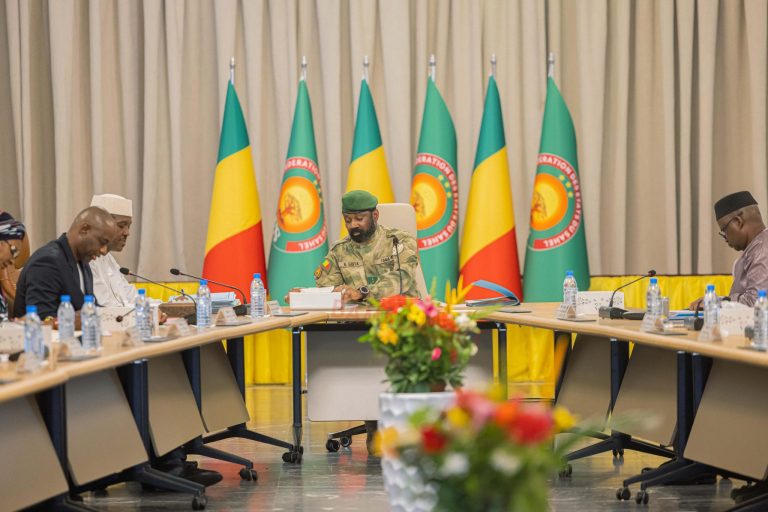
The Malian government has approved a series of transformative legal and social reforms following the Council of Ministers’ ordinary session held on Wednesday, July 30, 2025, chaired by the President of the Transition, General Assimi Goïta.
One of the key decisions made was the establishment of the National Directorate for Child Judicial Protection.
This new body will be tasked with shaping national policy and ensuring the specialised handling of minors in conflict with the law, in line with international standards such as the UN Convention on the Rights of the Child and the African Charter on the Rights and Welfare of the Child.
These legal instruments recommend distinct treatment for children involved in criminal proceedings, calling for dedicated institutions and tailored procedures.
Mali’s current legal framework—guided by the 2001 law on juvenile justice and the 2002 Child Protection Code—has laid some groundwork, but a 2021 evaluation identified critical gaps.
The new structure will also include a staffing plan for the next five years to address these deficiencies.
Further reinforcing Mali’s efforts toward national stability, the Council also adopted a National Charter for Peace and Reconciliation, proposed by the Ministry of Reconciliation.
“Une Nation souveraine, réconciliée, tolérante et en paix, dans un Etat refondé reposant sur une gouvernance démocratique, juste et équitable,” reads the charter’s guiding vision.
This charter aims to serve as the backbone for all peace and reconciliation initiatives moving forward, following decades of insurgencies and unrest since independence in 1960.
In another significant move, several diplomatic appointments were made, with new consular advisers named to embassies in Moscow, Paris, Brussels, Riyadh, Libreville, and Malabo.
The session also included updates on the celebration of the International Day Against Human Trafficking, a major football tournament named the “Super Coupe Général d’Armée Assimi Goïta,” and the upcoming 12th Conference of African Public Service Ministers, to be hosted in Bamako.
Additionally, the government reviewed preparations for the National Contest for the Most Beautiful Neighbourhood and received reports on the “School of Citizenship” youth programme, which trained 1,800 young people across Mali in civic values and national engagement.
In the health sector, an increase in confirmed dengue fever cases was noted, and the Council discussed plans for the first Forum of Humanitarian Action Ministers of the AES Confederation, set to be held in Bamako next month.
These wide-ranging announcements reflect Mali’s ongoing commitment to institutional reform, civic mobilisation, and national reconciliation amid a complex transition period.



